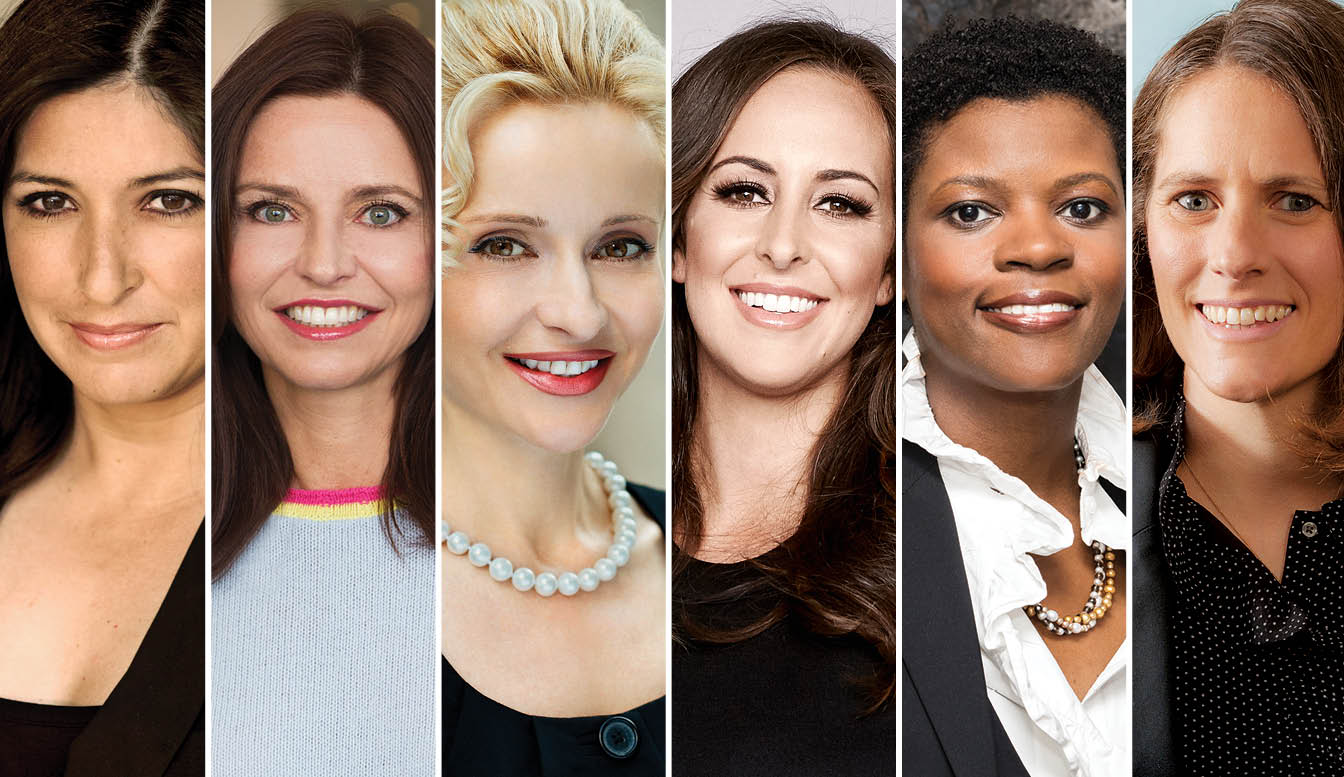[worthgallery category=”her-stories” posts=”-1″]
Her Stories
Few fields are as male-dominated as finance, but women are gaining traction. Worth spoke with 16 financial powerhouses who represent that change to hear about their experience, how much progress has been made and where to go from here.







